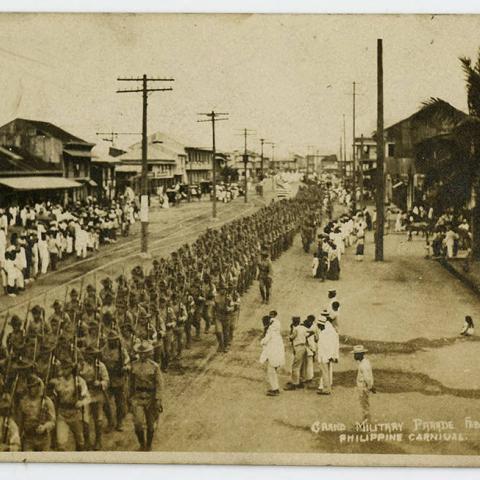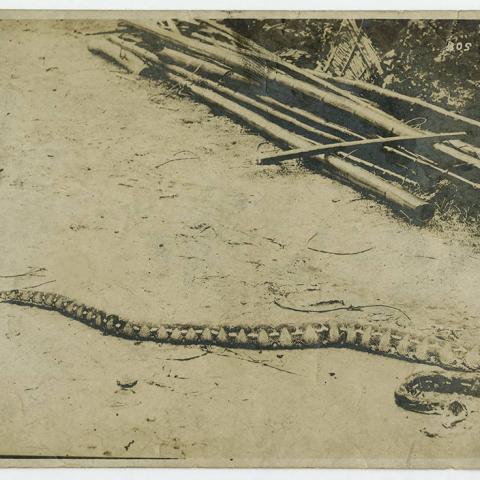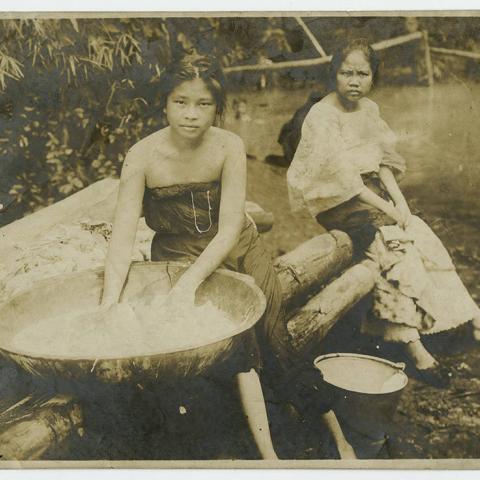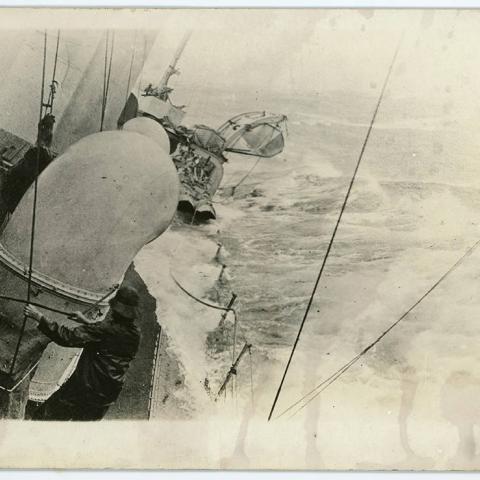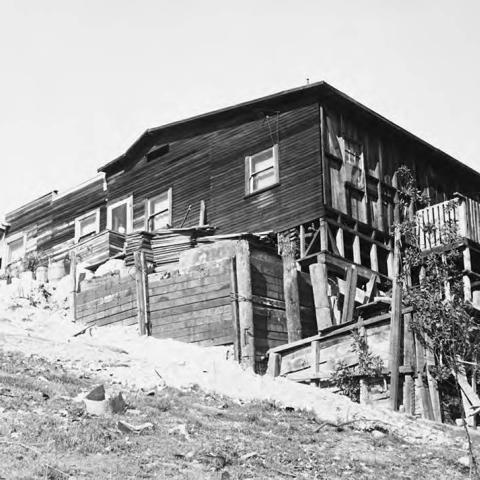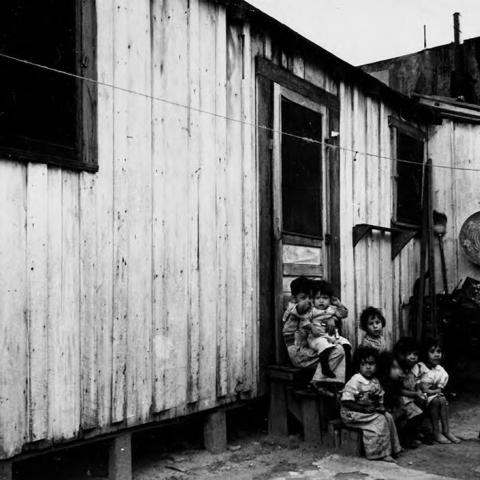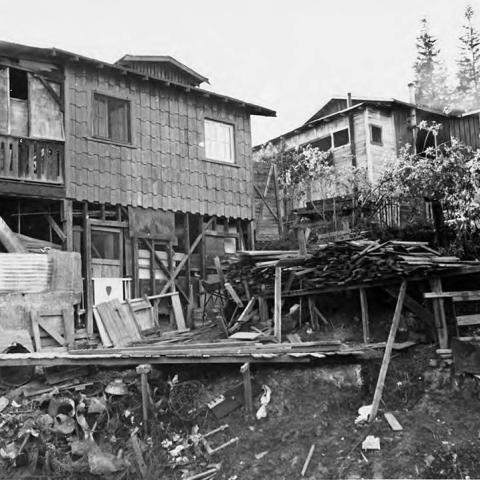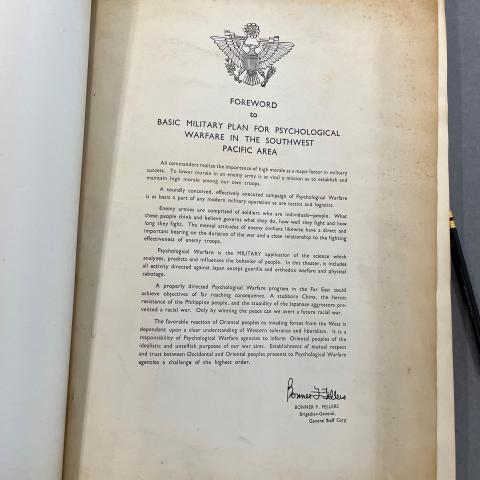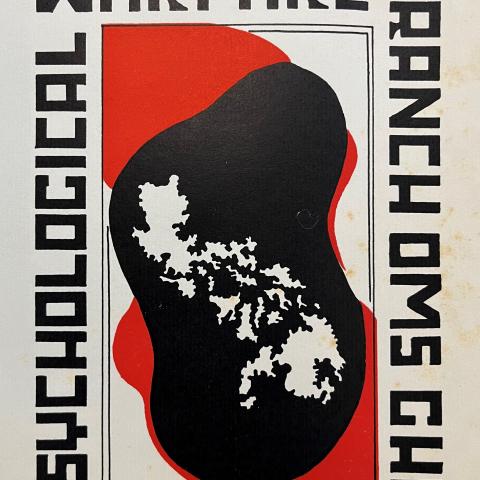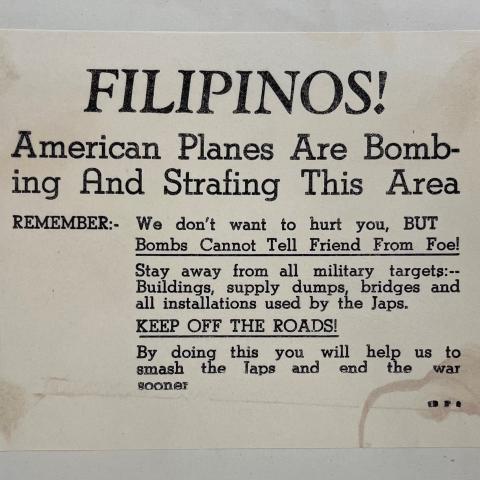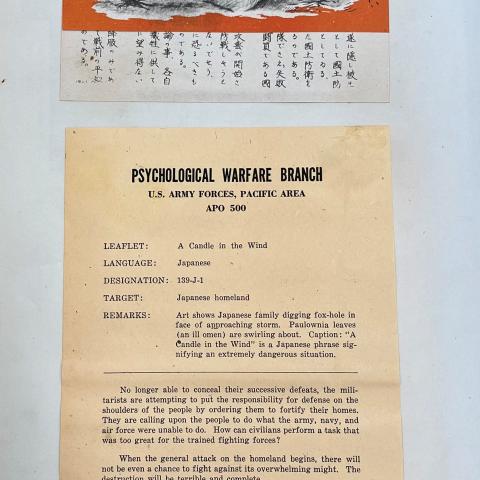The Library Innovation Grant Program & Metadata Remediation
July 23, 2024
In Spring 2024, Head of Special Collections & Archives Ellen Jarosz, Metadata Librarian Nicole Shibata, and Special Collections & Archives Librarian Mallory Furnier ran a pilot project to test workflows that rely on the expertise of CSUN students and librarians working collaboratively to remediate metadata in our finding aids and digital collections. The project was shaped by the CSUN University Library's Reparative Description Task Force Report's recommendations to "incorporate systematic review into workflows" to remediate offensive, discriminatory, and unbalanced descriptions and terminology in our metadata. Funding from the Library Innovation Grant program provided stipends to three student interns for their work contributions.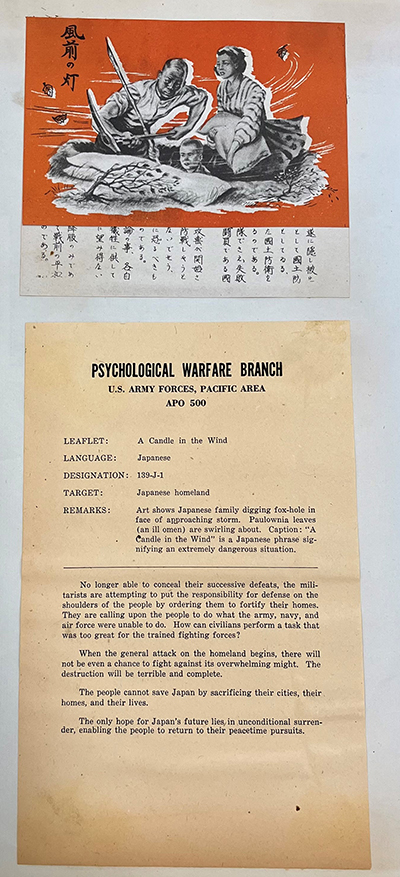
Our three student interns included English major Julianne Del Valle, and History majors Cory Saganek and Isaias Martinez. The project began with interns learning about archives, digital collections, descriptive standards, and metadata remediation through readings and discussions before working hands-on with archival collections. During weekly meetings, they critically engaged with descriptions in finding aids as well as item-level descriptions in three digitized photograph collections.
Subject areas addressed by the project focused on known challenges in our collections, including archives dealing with war and conflict topics, like the Donald Hiram Stilwell Photograph Collection, the Psychological Warfare Branch Scrapbook, and the W.F. Clingman World War II Journal. Gender and sexuality was another focus area, including the Christine Jorgensen Cross Dressing Correspondence Collection, the Transgender Resources Collection, and the Mariette Pathy Allen Collection. Finally, the team analyzed the Poor Housing Conditions in Los Angeles Scrapbook, as well as Digital Collections-only items relating to CSUN Division of Faculty Affairs. Once the project managers complete a final review of suggested edits, the finding aids and metadata records will be updated.
During the final week of the project interns completed a reflection report to share back their experiences. Below we feature reflections from the student interns upon completion of the project:
Julianee Del Valle:
"As a student new to proposing remediating language, one of the biggest challenges was altering the phrasing of descriptions. The Donald Hiram Stilwell Photograph Collection was one of the first finding aids we addressed. The opportunity to enact or propose modifications was refreshing and novel, but chaining the established phrasing was similar to learning to swim. Stillwell's photograph collection encapsulated content that invoked racist notions and the trivialization of pain. There are images of people in death cages, a beheaded man, and [indigenous] women posing. The descriptions made generalizations and made me wonder about the unknown context…Overall, I learned how to handle archival data, examine my own biases, and observe how they interplay with content consumption."
Isaias Martinez:
"Working alongside archivists was by far my favorite part of this project. Not to mention, being able to physically hold artifacts from the past was a truly amazing experience. It was like having history in the palm of your hands. When I initially started this internship I wasn't quite sure what to expect, but with every idea I shared, I felt more and more comfortable and part of the team. Working on this project further reinforced my original idea and plan to pursue a career in archives…The Los Angeles poor housing conditions finding aid was the collection that really resonated with me. Viewing housing conditions that existed in a lot of areas that I have passed by or visited was just surreal. Most of the people living in these conditions also seemed to have a Hispanic background which is something that we have in common. Lastly, having lived the majority of my childhood in poor housing and bad neighborhoods made me really understand the pain and frustration people photographed in this collection were probably feeling."
Cory Saganek:
"The project was an enlightening experience to take part in. I learned quite a lot about special collections, especially the metadata used to document and sort it. Having the chance to physically handle the materials was particularly exciting for me, a History major, because it felt like I was given the chance to handle a piece of history. For instance, the scrapbooks assembled by the government (i.e. the Psychological Operations Scrapbook from World War 2) really stood out to me as a unique part of history that told a story through their contents…The Stilwell collection was the most interesting collection for me, as it showed snippets of a time and places that are rarely shown. Being able to see cities in Japan before the World Wars is a rare treat, as was the Philippines in that same period. Views of ships and locations in France during World War I were also quite exciting, as such photos are now over a century old. Furthermore, being able to see pictures of Indigenous Filipinos was quite interesting. All in all, I am very happy I got the chance to participate in this project as an intern, and would gladly do similar work in the future if the need arises."
Image Gallery
Post tagged as: special collections, university archives, archives, scrapbooks, diaries, correspondence, photographs
Read more Peek in the Stacks blog entries